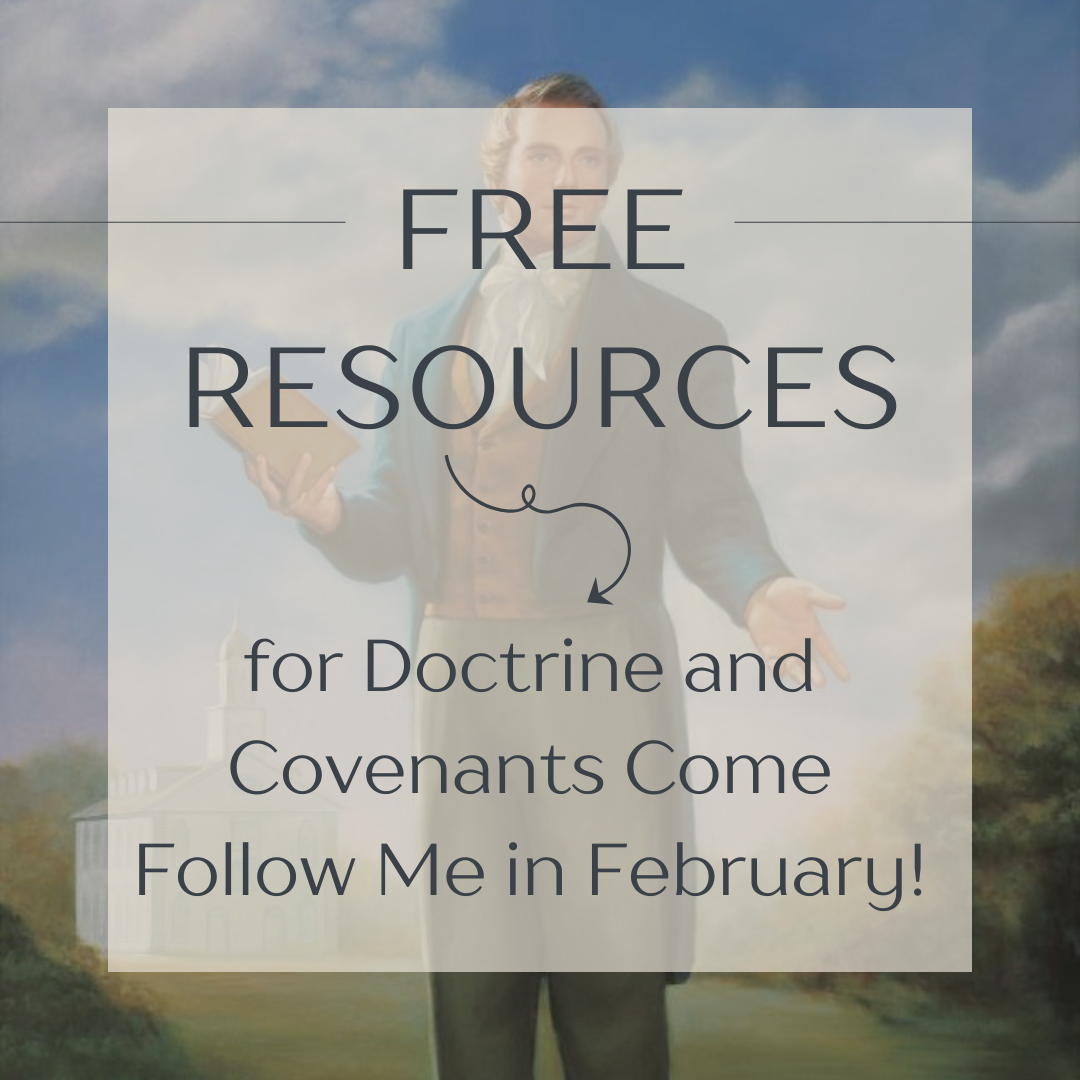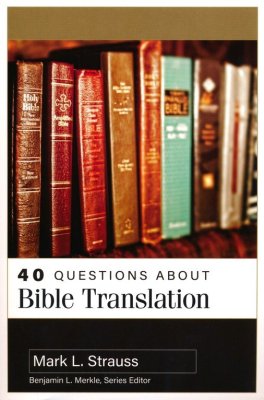Here are some ideas for learning and teaching a few of the great principles in 2 Corinthians 1-7. And while you’re here, I recommend you check out my free online course, “Seeking Jesus.”
Videos for 2 Corinthians 8-13
“Weakness is a feature, not a defect.” (Seven-minute devotional from “Seeking Jesus Class 24” *Definitely recommend!*
The Bible Project videos do a great job of helping us understand the big picture of 2 Corinthians. Watch it here.
Ideas for Learning More About 2 Corinthians 8-13
***On Weakness***
Paul wrote, “To keep me from becoming proud, I was given a thorn in my flesh, a messenger from Satan to torment me and keep me from becoming proud. Three different times I begged the Lord to take it away” (2 Corinthians 12:7-8, NLT).
We don’t know what this thorn in the flesh was—but it was definitely a weakness. It could have been a temptation, or maybe a physical limitation. Perhaps Paul struggled with his eyesight. Or it might have been an emotional ailment. Whatever it was, it was painful to Paul. He might have felt, “God, if you would just take this away from me, I could do so much more to build up your kingdom!”
Have you ever felt that way? “God, if I just didn’t have to worry about money, I could focus so much more the Church’s humanitarian program.” “God, if I didn’t have an injured foot, I could stand by the door of the chapel and fellowship people as they came in.” “God, if this temptation were no longer a part of my life, I could be a more faithful saint.”
Paul didn’t just ask the Lord, he begged the Lord to remove this weakness. And he didn’t beg only one time either. He begged on multiple occasions, “Take away my weakness!”
But the Lord didn’t get rid of Paul’s weakness. Even though Paul continually pleaded for it to be taken away, he wrote, “Each time [I asked, ‘take away this thorn,’ the Lord] said, ‘My grace is all you need. My power works best in weakness.’”
Paul continues, “So now I am glad to boast about my weaknesses, so that the power of Christ can work through me. That’s why I take pleasure in my weaknesses…For when I am weak, then I am strong” (2 Corinthians 12:9-10, NLT).
Think about Christ’s statement to Paul: “My grace is all you need. My power works best in weakness.” Is that really true? Does Christ’s power really work best in weakness?
If you are teaching others, brainstorm together scriptural examples of the Lord’s power being shown forth in weakness. For example, he chose Abraham—a young man with an abusive dad—to become the father of many nations. And he chose a prisoner named Joseph to prevent starvation in Egypt. And he chose Moses, a man “slow of speech” to talk to Pharoah. In fact, Paul tells us that Jesus was “crucified in weakness” but “now lives by the power of God” (2 Corinthians 13:4, NLT).
It seems like the Lord’s power really does work best in weakness. For more thoughts on this principle, including some ideas of how to teach it, watch this video. Here’s a link to the PowerPoint slides that were used in the video–you are welcome to reuse or modify them.
***Helping the Poor (Part 1)***
The basic idea behind 2 Corinthians 8-9 is that Paul wants to obtain donations from the wealthy members in Corinth to help the financially struggling members in Jerusalem. If I were teaching these chapters, I might help learners see the relevance of this topic by showing a video like this one, illustrating that there are many fellow saints across the globe who are in material want. If Paul were alive today, what would he be asking of Saints who live in wealthier countries?
Notice how Paul gives Jesus Christ as an example of one who gave of his wealth: “You know the generous act of our Lord Jesus Christ, that though he was rich, yet for your sakes he became poor, so that by his poverty you might become rich” (2 Corinthians 8:9). Invite learners to read verses such as 2 Corinthians 9:7-14 and look for principles about charitable giving. How is the Lord prompting us to help the financially poor today?
If you are teaching anybody over the age of 8, I think this is a great time to bring up fast offerings. Personally I didn’t realize until I was 19 that I should pay fast offerings. I hope that we can all work together to help youth and young adults realize the blessings that come from paying a generous fast offering.
In addition to paying fast offerings, each of us will receive our own promptings of how to help others. For me, part of inspiration I’ve been receiving is to help people access water. Many readers of the website recently supported a campaign to help people in Uganda have more access to clean water. For an update on this project, see my water page (I especially recommend you visit it if you donated, so that you can see pictures and videos of those who benefited from your generosity).
NOTE: If you haven’t already played The Skittles Game, now is the perfect time to do so. Very fun learning experience!
***Helping the Poor (Part 2)***
In addition to what’s above, here’s a little more if you’re interested.
Paul writes to the Corinthians seeking financial contributions to assist others in need and he makes an interesting argument from the Book of Exodus to make his point. Paul says, “For I mean not that other men be eased, and ye burdened: But by an equality, that now at this time your abundance may be a supply for their want, that their abundance also may be a supply for your want: that there may be equality: As it is written, He that had gathered much had nothing over; and he that had gathered little had no lack” (2 Corinthians 8:13–15).
The phrase as it is written is a quotation formula signaling to the reader that Paul is utilizing another text. Here Paul references Exodus 16:16–18: “Gather of [the manna] every man according to his eating, an omer for every man. . . . And the children of Israel did so, and gathered, some more, some less. And when they did mete it with an omer, he that gathered much had nothing over, and he that gathered little had no lack.”
When writing to those who had more than sufficient for their needs, Paul invoked the account of Israelites receiving manna in the wilderness. Paul asserted that God’s provision of manna ensured that everyone had enough, regardless of how much he or she had gathered. Commenting on the passage, Peter Balla writes, “[Paul] finds a text in scripture that can strengthen his argument that the Corinthians should support the poor in Jerusalem. In the original setting the phrases ‘to abound’ and ‘to lack’ referred to the individuals in Israel: each person had the right amount for himself or herself. . . . Although some people had gathered more than others, they had no surplus because they needed just that much. . . . In the Corinthian context the apostle argues that at a certain time God provides some members of the church with more so that they may help those who have less at that time.”
I think it’s interesting to see Paul using scripture to appeal to his audience. But whether or not we identify this intertextuality, Paul’s message is clear: we must help the poor.
In light of what Paul taught, the following are questions each of us can reflect on, and, depending on our audience, ask our learners:
- Do I regularly pay fast offerings?
- Could I increase my fast offerings?
- Am I volunteering in my local community to help those in financial need?
- Am I supporting relief efforts for those in the world who are truly destitute?
- Have I done “enough”?
Ultimately, the answer to these questions is found only in prayer. As Elder Jeffrey R. Holland taught, “I don’t know exactly how each of you should fulfill your obligation to those who do not or cannot always help themselves. But I know that God knows, and He will help you and guide you in compassionate acts of discipleship if you are conscientiously wanting and praying and looking for ways to keep a commandment He has given us again and again.”
***Additional Resources***
This article, “Caring for the Poor and Needy in the Growing International Church,” by Bishop Gerald Causse provides some great perspectives for us to think about as we liken 2 Corinthians 8 to our lives.
“Why Giving Matters,” by Arthur C. Brooks, BYU Magazine, Summer 2009.
***
I hope these resources are helpful to you in your learning and teaching this week!
Do you want more learning and teaching tips for Come Follow Me? Follow me on Instagram or sign up here for emails with insights on Come Follow Me.






